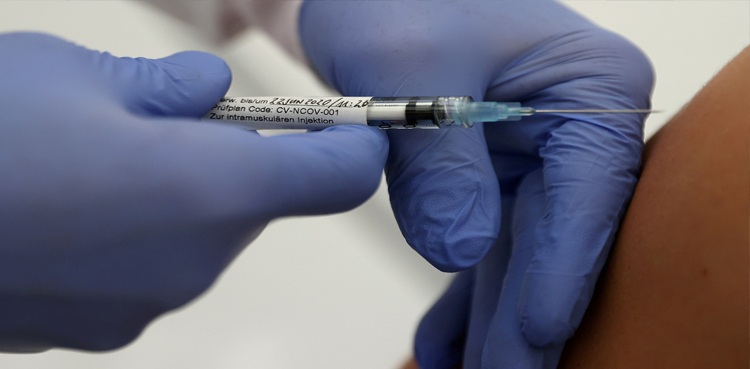
Ever since Gerald Muwonge tested positive for HIV eight years ago, keeping his viral load in check has meant carrying around vials of pills for his daily treatment regimen while dodging the stigma this could mean for him in Uganda.
But he hopes that could soon change thanks to an injectable treatment that only needs to be taken once every two months.
In October of last year, about 200 patients in the east African country began a trial of a World Health Organization-approved injection containing the drugs cabotegravir, or CAB-LA, and rilpivirine. Results are due in 2024.
The treatment, developed by British drugmaker GlaxoSmithKline, is the first non-pill option against HIV, and studies have shown it even outperforms the efficacy of oral pills.
The GSK treatment secured U.S. approval late last year and was endorsed this year by the World Health Organization.
GSK struck a deal in July to allow low-cost generic versions to be used in the developing world but said the first generics will potentially only become available in 2026 because of regulatory requirements for manufacture and use.
In the interim, GSK said it was working on providing governments the regimen free of charge to run studies. Trials are also taking place in Kenya and South Africa.
William Tamale, a manager of the injectable antiretroviral treatment programme at Uganda’s Joint Clinical Research Centre, said the drugs were “very promising.”
The JCRC was chosen to administer the trial of the injectable drugs and Tamale is in charge of that progamme in Uganda, where at least 1.4 million people live with HIV/AIDS.
from Health News - Latest breaking Health News - ARY NEWS https://ift.tt/nw3kGym


0 Comments